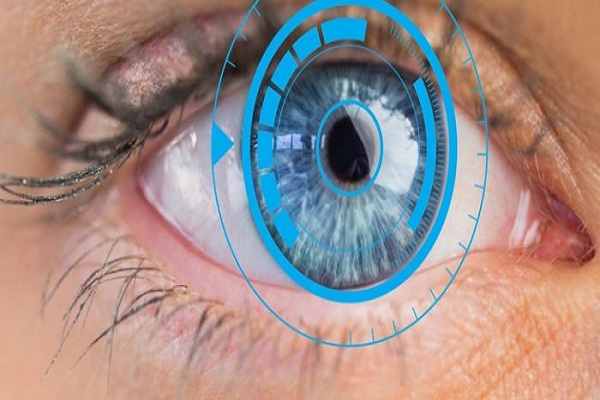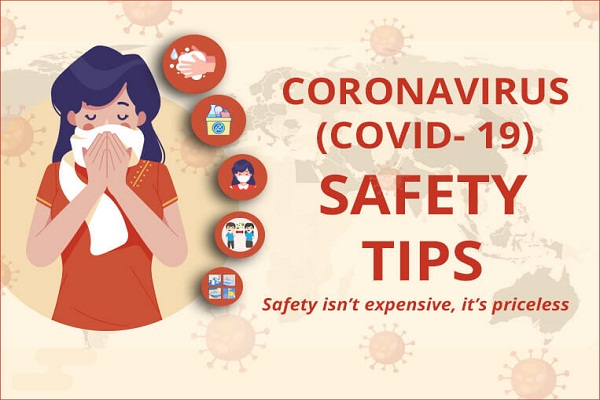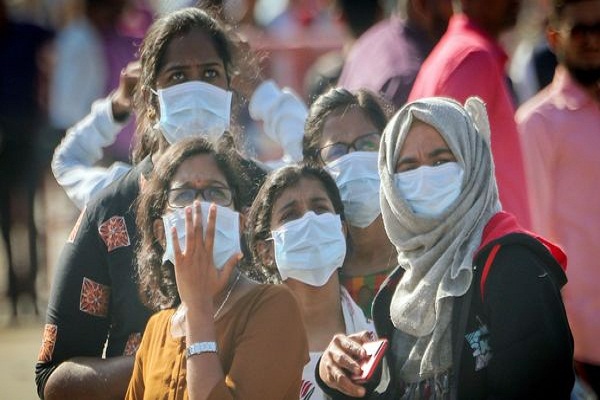
In India there is estimated the number of unilateral corneal blindness will be around 10.6 million by 2020. Corneal transplant surgery is successful in restoring the vision in the majority of the patients. The Cornea, outermost layer of the eye along with the lens protects the eye, serving as a barrier against dirt particles, germs and is involved in light refraction. It accounts for nearly 2/3rd of the eye’s overall optical power. The Cornea is made up of three main layers of tissue, with two thinner layers of membrane between them. Your vision may be affected if the Cornea is damaged by any disease, injury or infection; if complete damage is established and your vision is impaired, a Cornea Transplant is required.
Corneal Transplant is a procedure that replaces your Cornea, to clear the front layer of your eye. During this procedure, your surgeon removes the damaged Corneal Tissue and replaces it with healthy tissue from the eye of a deceased human donor.

WHAT SYMPTOMS MAY SHOW THAT YOU NEED A CORNEA TRANSPLANT? Your doctor will decide the course and other alternative treatment options that may resolve the following symptoms. If the problem still persists, he may recommend a cornea transplant. One may experience symptoms such as:
– Constant discomfort in the eyes
– Pain in the eye

– Redness in eye
– Fuzzy & cloudy vision
– Complete loss of vision
HOW TO PREPARE FOR A CORNEAL TRANSPLANT?
Before planning a Corneal Transplant, one will need to undergo exhaustive eye examination. Your doctor will take precise measurements of your eye and treat any underlying problems that may hamper the surgical process. Speak to your doctor about your existing medical conditions, any ongoing prescription medications or over-the-counter medicines you may be taking. Before the day of your surgery doctor will guide you with the exact preparation instructions to get you ready for the operation.
WHAT TYPES OF CORNEAL TRANSPLANT ARE POSSIBLE
If the entire Cornea is affected by disease, the entire diseased Cornea is replaced by a health donor Cornea. This technique involves using many stiches to hold the new Cornea. Currently Sutureless Corneal Transplantation is possible in suitable patients, where only the affected layer of the Cornea is replaced by donor corneal layer without using sutures. This technique has advantages but its use is limited to selective patients only.
WHAT HAPPENS AFTER A CORNEAL TRANSPLANT?
You will be discharged from hospital the same day as your surgery, in most of the cases. You may feel some discomfort and will most likely wear an eye patch for one to a few days, on guidance by your doctor. Eye drops and oral medications will be prescribed to help with smooth healing, as well as to avert rejection or infection. It is advisable to stay calm, follow instructions thoroughly and keep you doctor updated on any unusualness you may experience.
SEEK MEDICAL ATTENTION IMMEDIATELY IF YOU EXPERIENCE:
– Severe Vomiting
– Headache
– Severe eye pain
The eye becomes comfortable usually by one week. Restrictions like not having head bath are likely for about a week. Over time, especially in the first year there is a risk that the transplanted Cornea may get rejected, as our body may recognize the tissue as foreign. To minimize this complication steroid eye drops and in some high risk cases oral medications may have to be used for one year or more. The risk of rejection decreases over time, but it doesn’t completely go away. Seek medical attention if you experience any of these warning signs of rejection:
– Failing vision
– Redness of the eye
– Pain
– Sensitivity to light
WHO CAN DONATE THE EYES
Anyone can be an eye donor from the age of one. In order to donate all one needs to do is to bequeath his or her eye by taking a simple pledge to donate their eyes after death. Patients with previous cataract surgery, BP and diabetes can also donate their eyes. Donating the eyes when one is alive is not permitted.
(Disclaimer: The writer is Dr P Suresh, Ophthalmic Surgeon,Fortis Hospital, Mulund. Views expressed are a personal opinion.)
Be a part of Elets Collaborative Initiatives. Join Us for Upcoming Events and explore business opportunities. Like us on Facebook , connect with us on LinkedIn and follow us on Twitter , Instagram.












